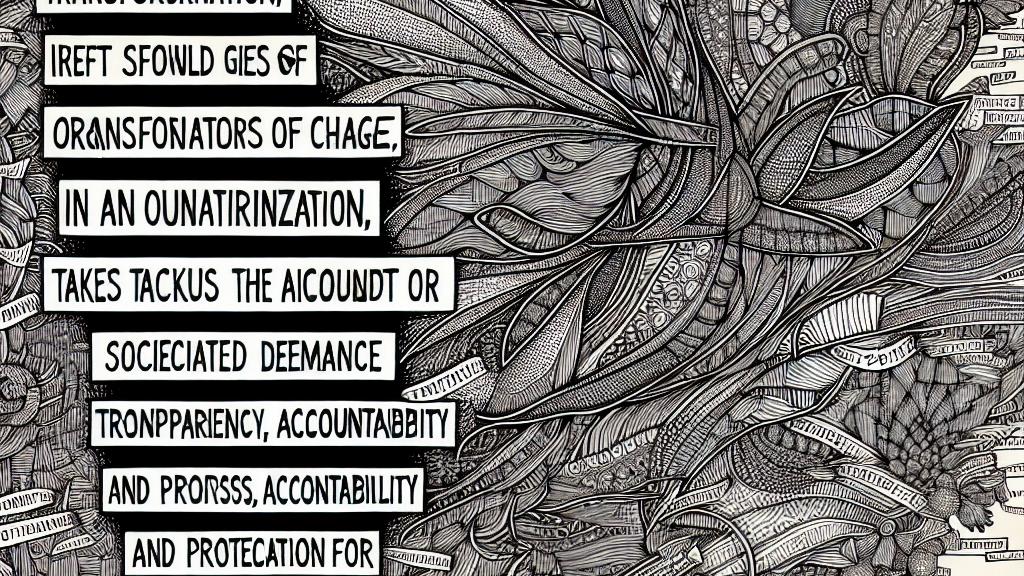NHK to Lift Ban on Former Johnny's Talents Amid Compensation Developments
Overview
- NHK is preparing to reinstate talents from the recently rebranded SMILE-UP, the former Johnny's agency, marking a pivotal moment in Japanese entertainment.
- The ban was instated due to serious sexual abuse allegations related to the late founder Johnny Kitagawa, highlighting an urgent need for accountability within the industry.
- Encouragingly, the progress in victim compensation has been substantial, with nearly all claimants reaching agreements, restoring hope and trust across the community.

Background of NHK's Ban
In a notable move, NHK, Japan's prominent public broadcaster, announced plans to end its longstanding ban on talents connected with the Johnny's agency, now known as SMILE-UP. This shift follows a year of intense scrutiny after serious accusations of sexual abuse emerged against Johnny Kitagawa, the agency's controversially revered founder. The ban, implemented last September, was a decisive step reflecting NHK's commitment to prioritizing ethical standards and public outcry for accountability in entertainment. As society grapples with the implications of this scandal, NHK's reevaluation suggests a willingness to adapt to the changing sentiments regarding protection and support for vulnerable individuals in the industry.
Progress in Victim Compensation
The landscape of victim compensation is witnessing commendable progress, serving as a rare beacon of hope amid a challenging narrative. Recent reports indicate that an impressive 96% of the 524 individuals who filed claims have come to agreement on compensation details, a clear indicator of SMILE-UP's commitment to rectifying past wrongs. This development not only meets NHK's stringent demands for lifting the ban but demonstrates a genuine effort to implement comprehensive reforms focused on safeguarding victims. Furthermore, the transition towards transparency and accountability within SMILE-UP showcases a readiness for profound organizational change, reaffirming their responsibility to those impacted.
Implications for the Future
As the potential lifting of the ban on former Johnny's talents draws near, excitement is palpable among fans longing to see their cherished stars return to NHK programming. Many remember fondly watching these artists on the annual New Year’s Eve Kohaku Uta Gassen, a major television event that has featured their vibrant performances for decades. Yet, industry insiders caution against assuming that reinstating these talents guarantees their appearances at prestigious events. This intricate dance reflects a broader dialogue about balancing audience expectations with ethical considerations in programming decisions. At this critical juncture, NHK must navigate its responsibilities thoughtfully, ensuring the revival of these artists happens within a framework of awareness, healing, and renewed trust in the entertainment community.

Loading...